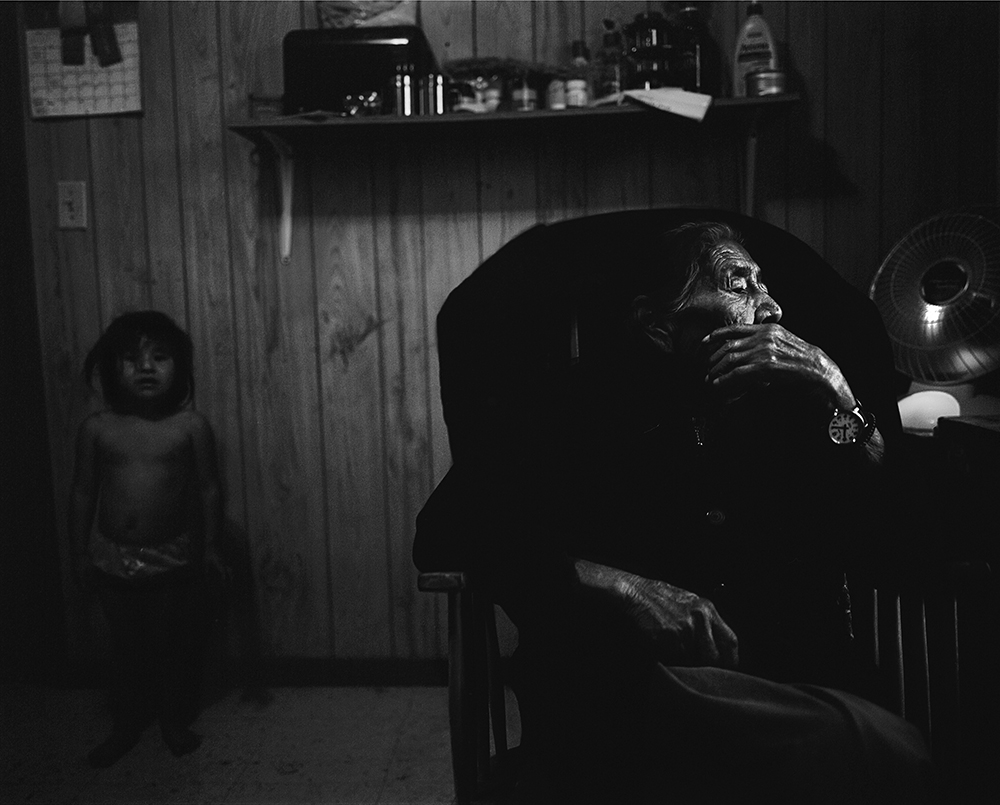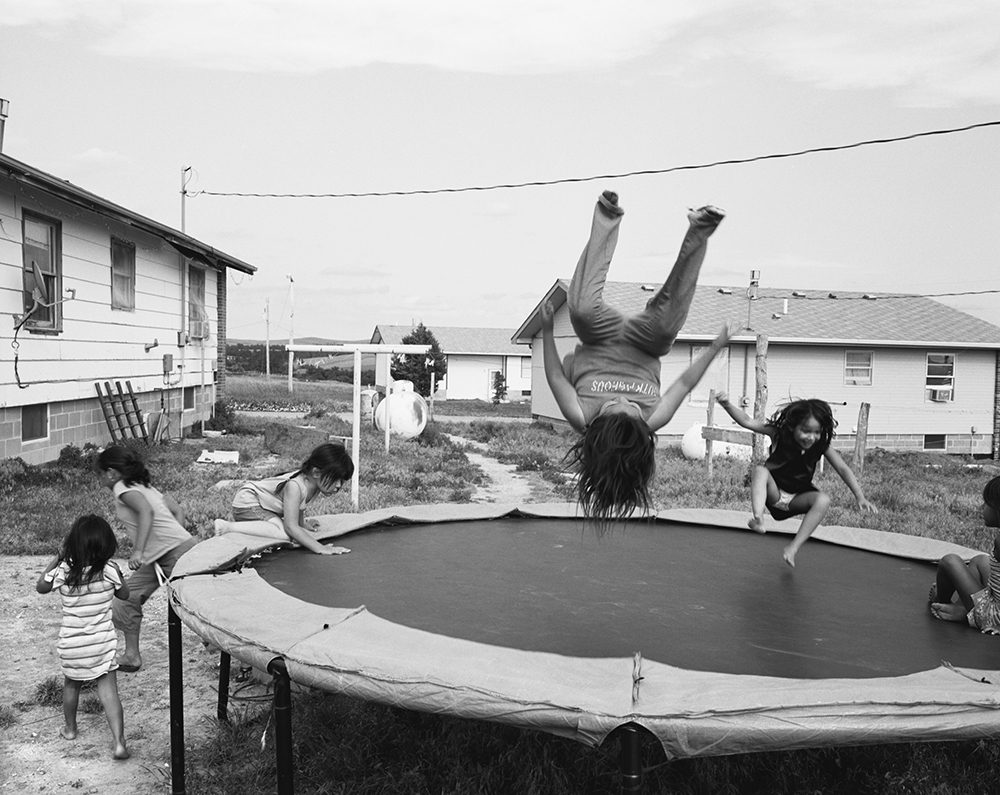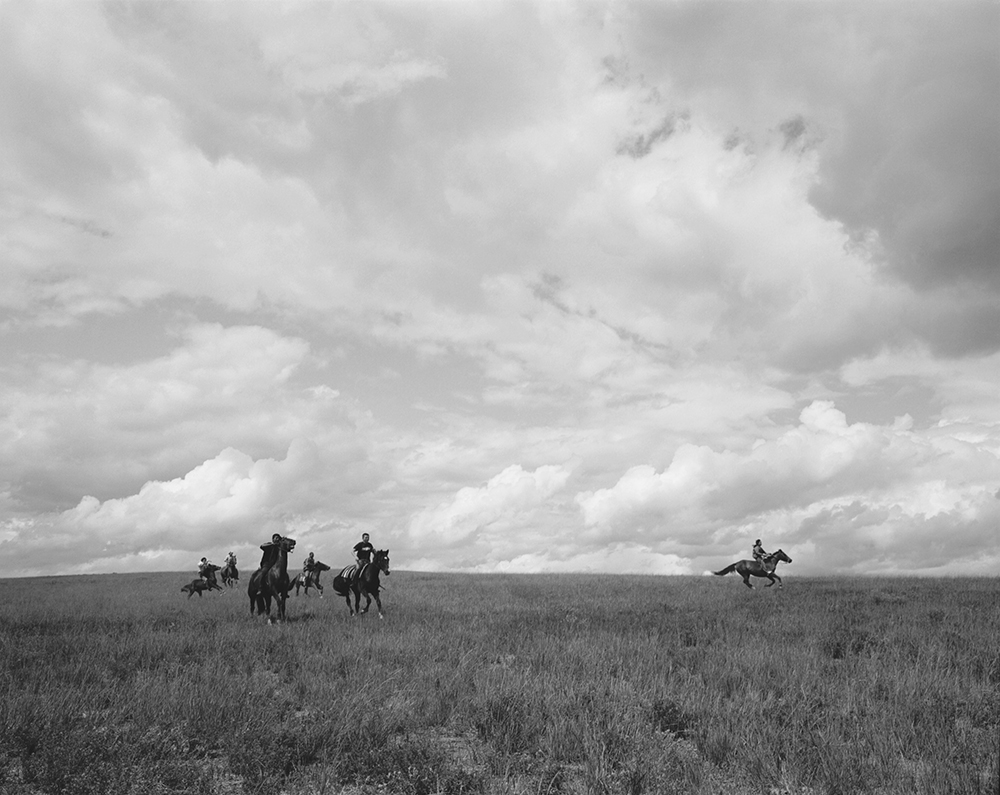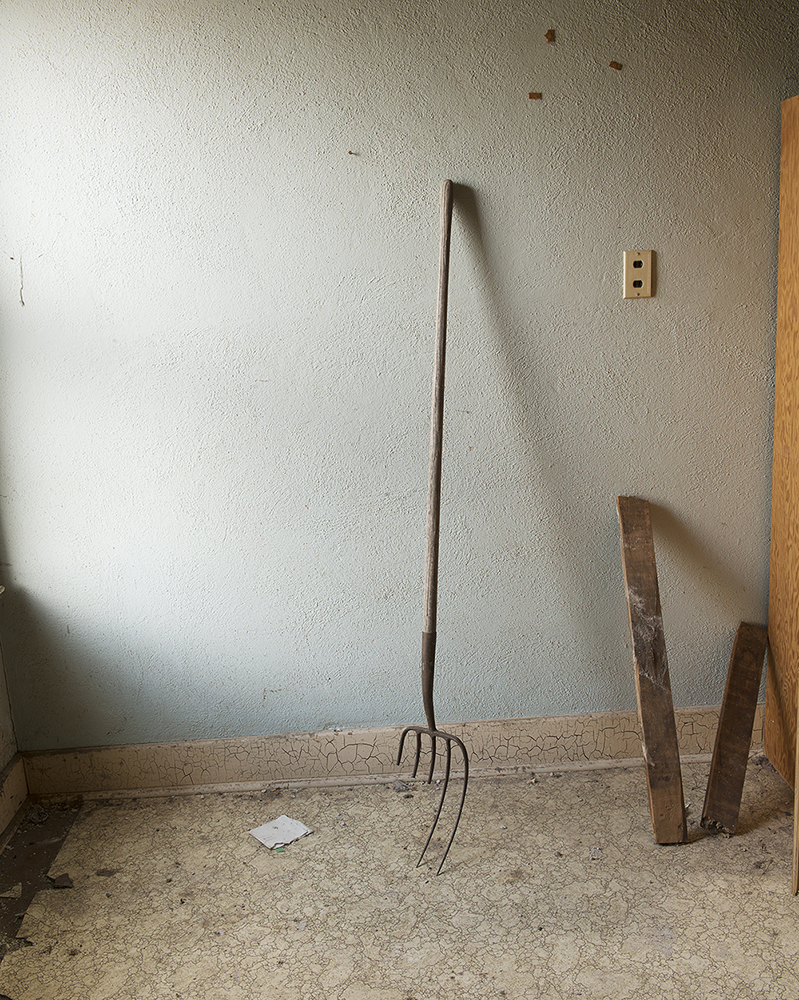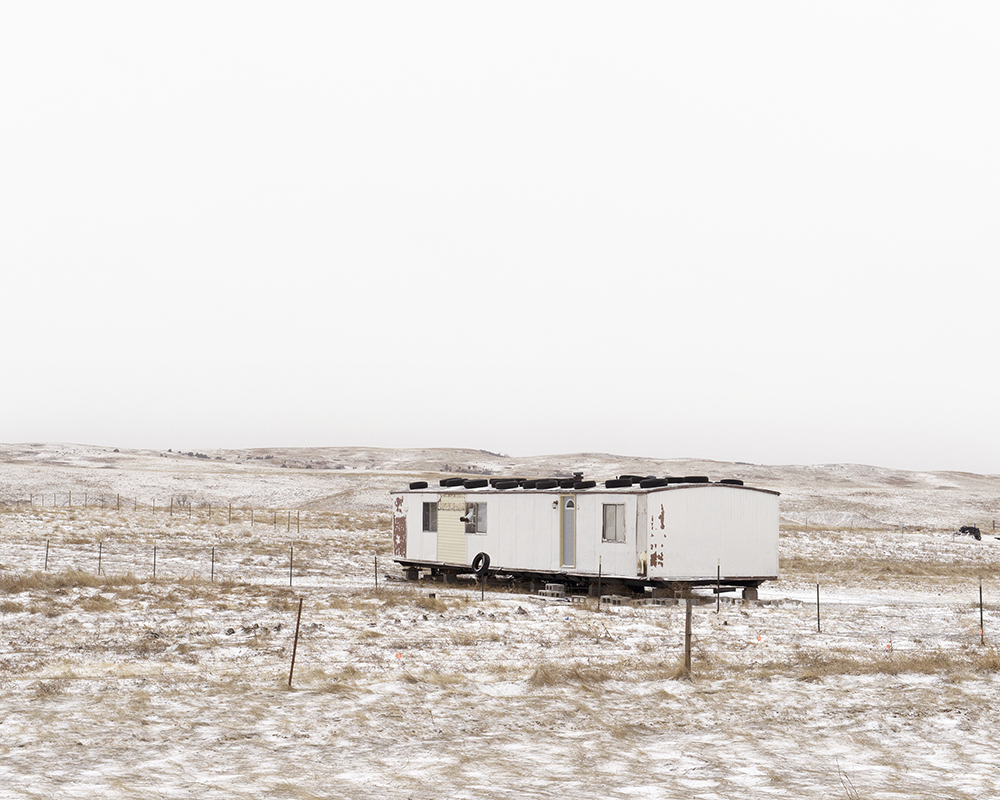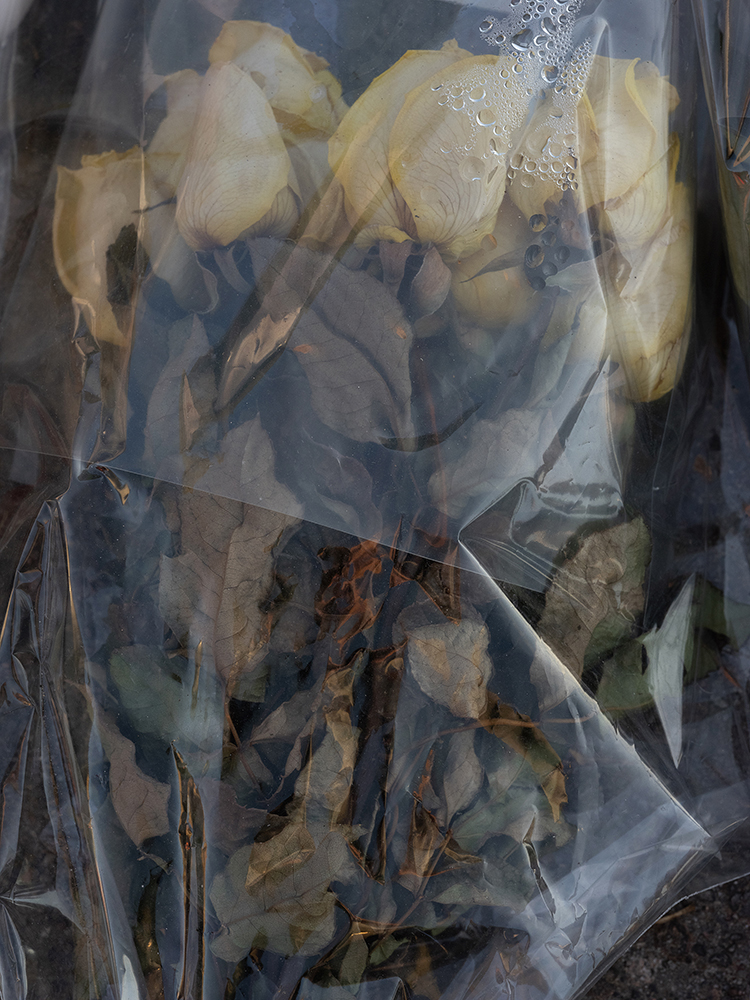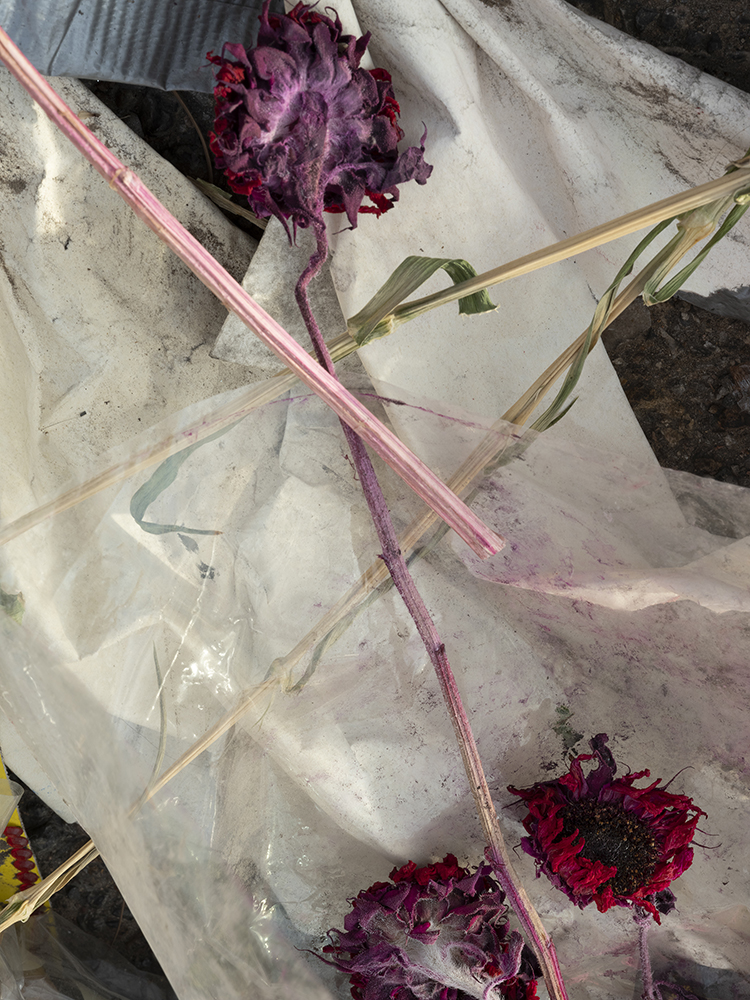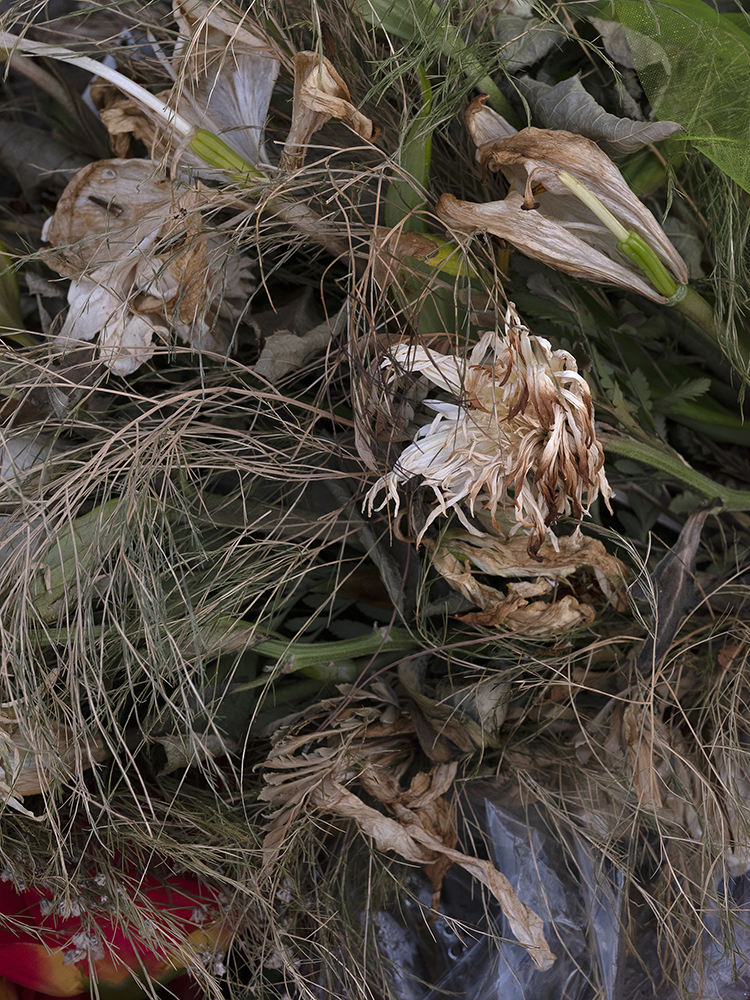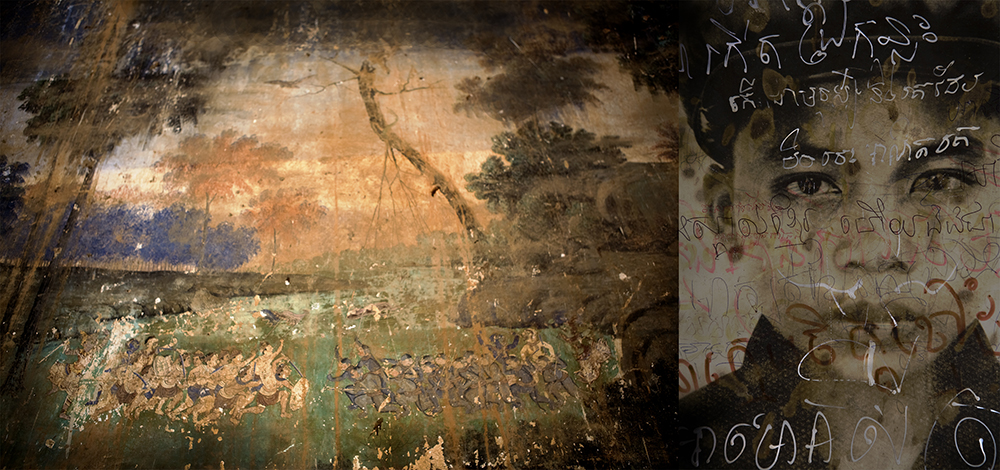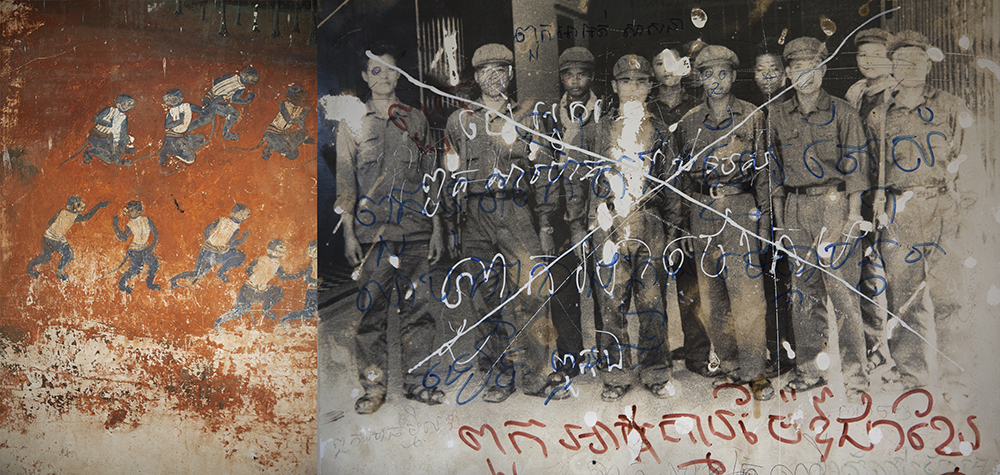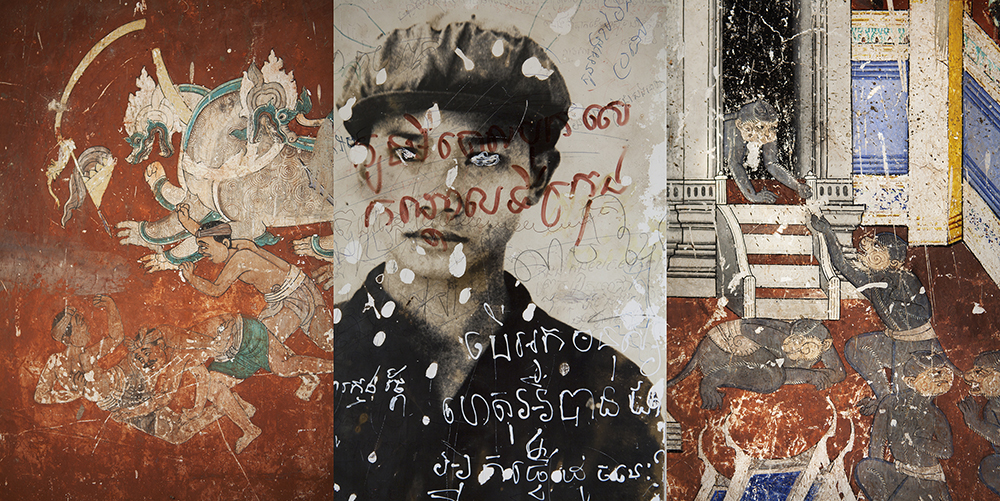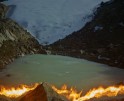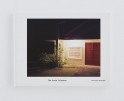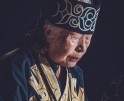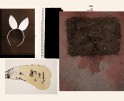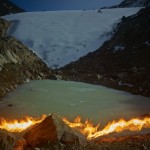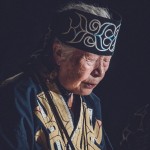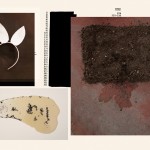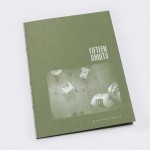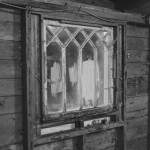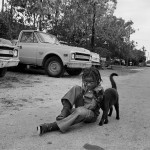John Willis: The States Project: Rhode Island
John Willis has spent decades using photography to speak with, and learn from, disenfranchised and oppressed populations. His recent work, Requiem for the Innocent, El Paso and Beyond details memorial sites, as is often customary when there has been a sudden and violent death, people leave offerings, notes, flowers, etc. at the site of the incident. This work was made in response to the particular feeling of helplessness in the wake of the 2019 national tragedy in El Paso. Like the public whom is moved to leave such a token, John documents their gestures in an act that asks us as citizens what agency do we in fact have to prevent such violence? From 1993, to 2011 John traveled to the tribal home of the Oglala Lakota Sioux People to collaborate, support and photograph. These photographs, while acknowledging the brutal history that this tribe experienced – today they are living in one of the poorest counties in the US – showcases the resilience of the people in their relationships to land, family and community. Initially John only shared these photographs with the people in the tribe themselves, yet in a conversation with a tribal elder, Grandfather Eugene Reddest -requested that John use the photographs to better advocate for his people and that making them public would be a way of doing so.
 John Willis (b. 1957) is a photographer who was a professor of art at Marlboro College from 1990 until his retirement in 2020. He has received a John Simon Guggenheim Memorial Foundation Fellowship in Photography and many other grants, and his photographs are in more than sixty collections, among them the Amon Carter Museum, Center for Creative Photography, George Eastman House International Museum of Photography and Film, J. Paul Getty Museum, Heard Museum, High Museum of Art, Library of Congress, Museum of Fine Arts, Boston, Museum of Fine Arts, Houston, National Gallery of Art, San Francisco Museum of Modern Art, Tokyo Metropolitan Museum of Photography, and Whitney Museum of American Art. His books include Mni Wiconi / Water Is Life: Honoring the Water Protectors at Standing Rock and Everywhere in the Ongoing Struggle for Indigenous Sovereignty (George F. Thompson Publishing, 2019), Views from the Reservation: A New Edition (George F. Thompson Publishing, 2019; originally published in 2010 by the Center for American Places at Columbia College Chicago), and, with Tom Young, Recycled Realities (Center for American Places, 2006). Currently his collaborative book project Requiem for the Innocent, El Paso and Beyond is being printed. The book is a collaboration with writer Robin Behn and composer Matan Rubenstein (George F.Thompson Publishing 2020). John is also a Founding Director of The In-Sight Photography Project offering youth programming regardless of ability to pay since 1992 and it‘s offshoot the Exposures Cross Cultural Youth Arts Program.
John Willis (b. 1957) is a photographer who was a professor of art at Marlboro College from 1990 until his retirement in 2020. He has received a John Simon Guggenheim Memorial Foundation Fellowship in Photography and many other grants, and his photographs are in more than sixty collections, among them the Amon Carter Museum, Center for Creative Photography, George Eastman House International Museum of Photography and Film, J. Paul Getty Museum, Heard Museum, High Museum of Art, Library of Congress, Museum of Fine Arts, Boston, Museum of Fine Arts, Houston, National Gallery of Art, San Francisco Museum of Modern Art, Tokyo Metropolitan Museum of Photography, and Whitney Museum of American Art. His books include Mni Wiconi / Water Is Life: Honoring the Water Protectors at Standing Rock and Everywhere in the Ongoing Struggle for Indigenous Sovereignty (George F. Thompson Publishing, 2019), Views from the Reservation: A New Edition (George F. Thompson Publishing, 2019; originally published in 2010 by the Center for American Places at Columbia College Chicago), and, with Tom Young, Recycled Realities (Center for American Places, 2006). Currently his collaborative book project Requiem for the Innocent, El Paso and Beyond is being printed. The book is a collaboration with writer Robin Behn and composer Matan Rubenstein (George F.Thompson Publishing 2020). John is also a Founding Director of The In-Sight Photography Project offering youth programming regardless of ability to pay since 1992 and it‘s offshoot the Exposures Cross Cultural Youth Arts Program.
Originally I was drawn to creating imagery for the aesthetic and creative aspect. As much as I still am drawn to visual formal elements and technical processes, my work has become more about narratives I might tell. Photography has long been a tool for me to explore the world around me, see how I relate to the subject matter, how I fit in and what I might offer of value. I photograph my own life and the world further afield. There are many theoretical and critical reasons why it is often better to stay within my own experience when communicating in any medium. Partially my intertest in using the photographic process has and continues to be an appreciation for the way it gets me out into the world making connections. My role as an observer always accompanies my actions and perceptions as a participant. How could they not? If, and when I enter into communities, I strive to listen deeply before even thinking of expressing my views. I then stay long enough, listen hard, and find ways to collaborate so that the other’s perspectives become more recognized. There is a goal to honor the value of each perspective I learn about, along with cultural and historical influences.
I grew up being taught about the fairness within the United States due to this country being a melting pot of all cultures. My grandparents all immigrated from Eastern European countries where their families felt persecuted for their Jewish heritage. They would never even speak of life before they arrived here. When I would ask the answer was always “you’re American now that is all that matters”. It would be wonderful to truly live in a place where everyone is treated fairly and has equal opportunity. I have learned through experience that should not mean there is any reason to deny cultural background and traditions. In the end I do not want to only tell my story or speak for others, but rather discover an equally valued role of becoming allies whom can work together adding whatever small piece possible towards positive change at the very least by contributing to creating peaceful bridges and understanding between our communities and cultures.
I definitely agree more people should be telling their own stories through art and all forms of communication. That is one reason I enjoy teaching in schools and in alternative settings. I do hope there is a place for me and others, to go to another cultural group with openness to listen and learn, a place for us to positively share stories and collaborate raising awareness as allies. Too often I hear Americans speak of living in a good way and not doing harm to others, whether this means they are living peacefully, simply, organically, environmentally recycling, without bigoted actions, and so forth. The more one experiences the world and life, the clearer it is we cannot travel anywhere where our actions, our way of life does not greatly affect others and the climate, but all too often this affect is negative.
My photographs for the most part are straight unaltered observed images placed in a sequence with others and contextualized with ephemera, text, images, and audio from contributors giving voice to their perspectives. The process and degree of inclusiveness varies greatly by the format presentation, be it a gallery exhibit, book, portfolio, concert, etc. In this time of divisiveness throughout the world, especially in the United States it is as important as ever to make and share work responsibly. I am not sure I/we know what that means yet.
The work here barely represents an introduction to five different projects. This typically would be the last way I would represent my work as one cannot get deep enough into understanding the essence of any of the projects. I decided to present 3 images from each of 5 projects in hopes it might help invite viewers to spend more time with the work through books, exhibits or my website www.jwillis.net
People often ask if photography can really make a difference – I’ve heard…To paraphrase the Budda once said “ We have to live in the world like we make a difference, even though we will never know if we really do.” – John Willis
Posts on Lenscratch may not be reproduced without the permission of the Lenscratch staff and the photographer.
Recommended
-
Earth Week: Simon Norfolk: When I am Laid in EarthApril 27th, 2024
-
Shinichiro Nagasawa: The Bonin IslandersApril 2nd, 2024
-
The International Women in Photo Association Awards: Lorraine Turci: The Resilience of the CrowMarch 16th, 2024
-
The International Women in Photo Association Awards: Rayito Flores Pelcastre: Chirping of CricketsMarch 14th, 2024
-
The International Women in Photo Association Awards: Louise Amelie: What Does Migration Mean for those who Stay BehindMarch 12th, 2024

